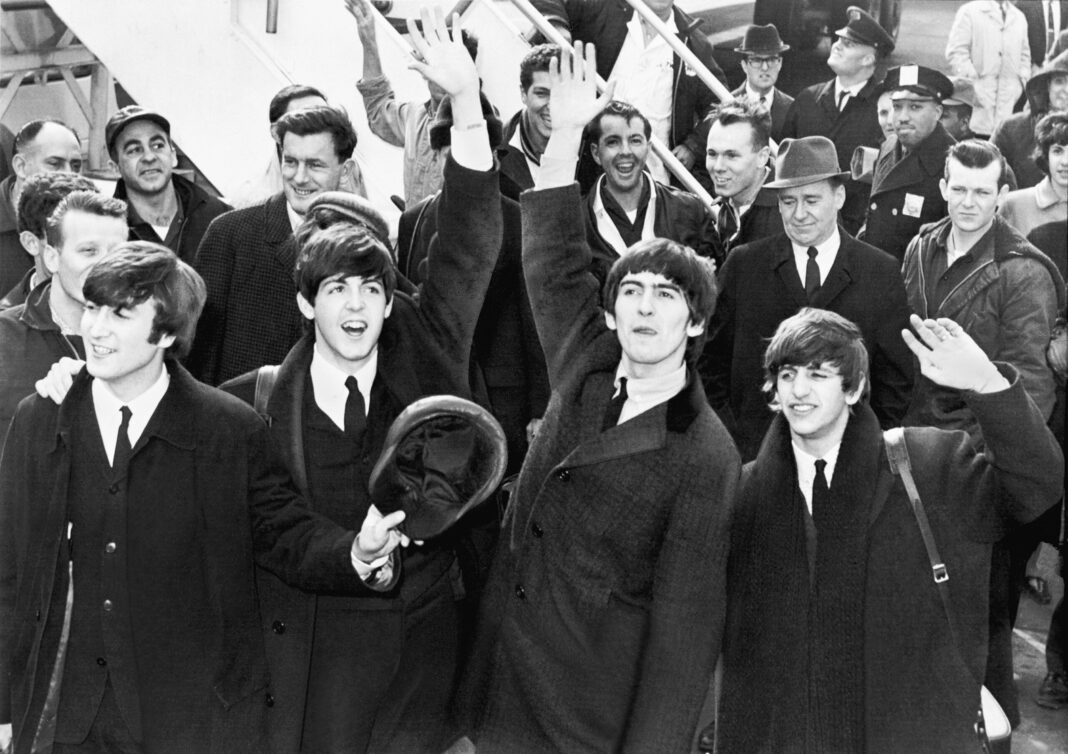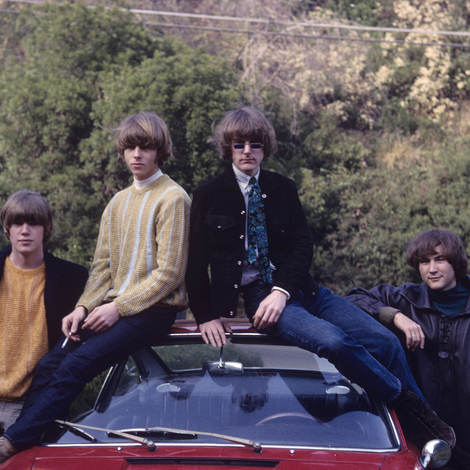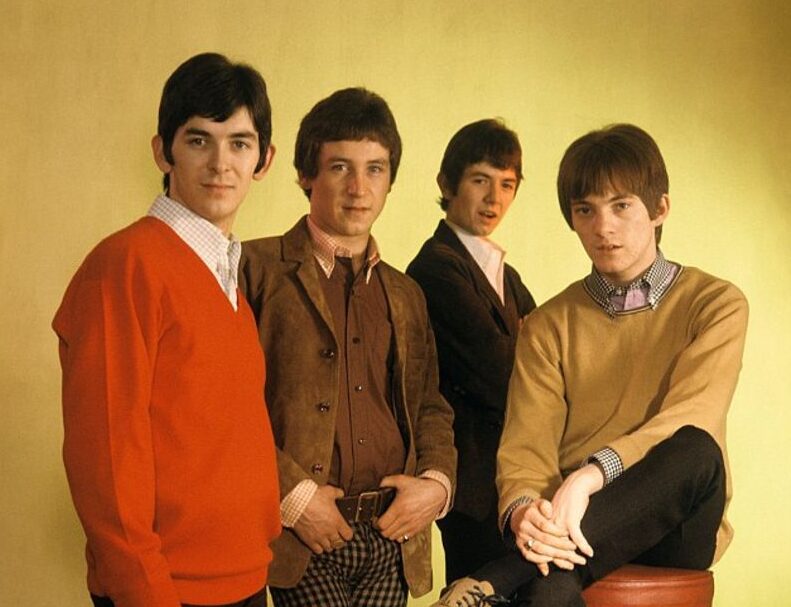The Merseybeat Sound
In the early 1960s, Beat music exploded out of Liverpool with an infectious energy that captivated listeners around the world. Even today, the sound is instantly transfixing, taking you to another space and time. With its catchy melodies, driving rhythms, and feel-good lyrics, Beat music brought youth culture to the forefront and set the stage for the British Invasion. The upbeat Merseybeat sound soon evolved into the harder, edgier freakbeat style. Some of these bands were never heard from again but others went on to the stratosphere. But as the decade progressed, this once-dominant sound began to give way to a new wave of musical experimentation and complexity.
Before The Beatles rose to prominence, the Mersey area was already home to a vibrant and prolific music scene. Liverpool’s access to American rock ‘n’ roll, and R&B records set the stage for Beat music. American freedom echoed through the 1950s records of Buddy Holly and Little Richard. In imitation of all things American, working-class youth in particular found a way to transcend their dreary past and what were still formidable class boundaries. Beat music became the great escape.
By the early 1960s, over 300 bands were playing in and around the Liverpool area. This bustling local scene included skiffle groups, rock ‘n’ roll bands, and R&B acts, each contributing to what would become known as the Merseybeat sound.
American records that came in through the Liverpool port made their way through the community by the people bringing them over from the states, eventually into the record stores and to the local DJ’s.
Bob Wooler, a DJ used to take his records around the local clubs and the bands would compete to get the newest records to be the first to play them at clubs such as The Cavern club. Wooler eventually became the DJ at The Cavern Club.
Liverpool’s music community was tightly knit, with bands often sharing members, competing for gigs, and drawing influence from each other. The success of early groups created a sense of local excitement and laid a fertile groundwork for The Beatles and the British Invasion that would follow. These bands didn’t just play music; they ignited a music revolution that set the stage for something even bolder.
The Emergence of Freakbeat
But as the decade rolled on, something started to shift. The catchy tunes and harmonies of Merseybeat evolved, turning grittier, harder-edged, and more experimental. Fuzzed-out guitars, distorted vocals, and pounding rhythms emerged as the next wave of British rock—a sound we now know as freakbeat. Bands like The Yardbirds, The Pretty Things, and The Creation took the upbeat energy of Merseybeat and pushed it into wild, uncharted territory, transforming British rock into a raw expression of rebellion and experimentation.
Freakbeat fits in as a transitional genre between the upbeat, mod-oriented sound of Swinging London and the more experimental, psychedelic sounds that followed. This style acted as a bridge between the polished, danceable sounds of the mod scene and the experimental, consciousness-expanding music of the psychedelic era.
Freakbeat songs were typically louder, grittier, and more intense than earlier British pop or mod music. Influenced by the rebellious, garage rock sounds coming from the U.S., freakbeat pushed a raw, unfiltered aesthetic that resonated with young, rebellious audiences.
The Pretty Things began with R&B and developed a harder sound with fuzz and distortion, moving into freakbeat.
The Score’s 1966 cover of The Beatles’ “Please Please Me” is a freakbeat example using a melodic Beatles song, but with charging drums, the sort of bass playing McCartney used on Revolver, and an in-your-face vocal.
Similarly The Action began as a Mod favorite with their upbeat Motown remakes and then later evolved into the psychedelic era with their 1968 experimental masterpiece ‘Brain’.
The Creation, known for feedback-heavy tracks like “Making Time,” epitomized freakbeat’s gritty aesthetic.
Just Four Men was a Merseybeat band that morphed into Wimple Winch, a psychedelic band with the song ‘Rumble on Mersey Square South’.
The Who are known for their aggressive style. The band’s sound evolved from mod to freakbeat with powerful tracks like “My Generation”.
This shift marked a departure from Beat music’s straightforward, pop-oriented sound and made Beat music seem comparatively simple and outdated.
Find out What Led to the Collapse




